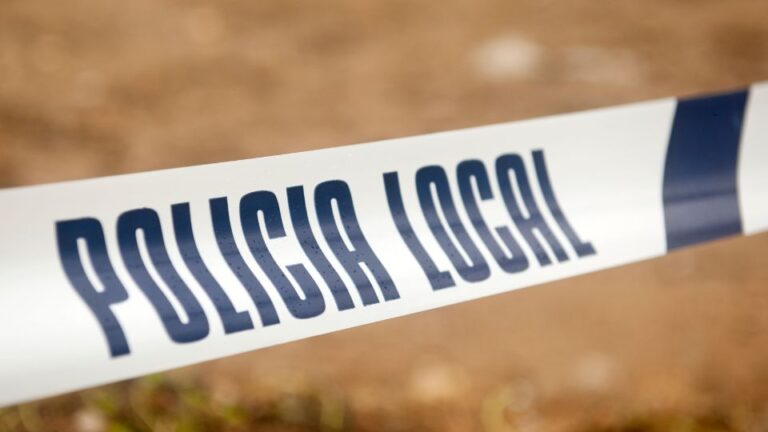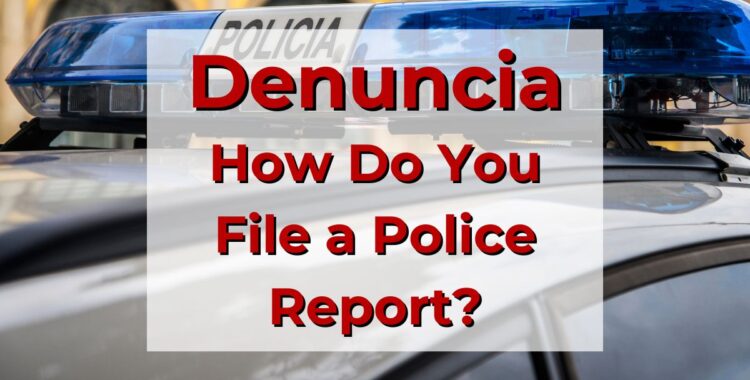Filing a Police Report in Spain:
Filing a Police Report in Spain: A Step-by-Step Guide If you are a victim of a crime in Spain, you must file a 'Denuncia' at the police station.
This guide provides a clear outline of the necessary steps and what you should bring with you. Experiencing a crime can leave you feeling vulnerable, frightened, and possibly violated. It’s a distressing situation, made even more challenging if you’re navigating in a language you’re not fluent in. Knowing the correct procedures is crucial.
Here’s a straightforward guide on how to report a crime effectively. Understanding a ‘Denuncia’
A ‘Denuncia’ is a formal complaint filed with the police, akin to a police report. It’s required if you’ve been the target of any criminal activity, from physical assault to theft of personal items like passports or even a break-in at your residence.
Typically, you’ll first notify the police via a call. They might visit the crime scene to make a preliminary report but this is not the official ‘Denuncia.’
The formal ‘Denuncia’ is filed later, after police have collected potential forensic evidence and you have assessed the extent of the theft. This might happen several days post-incident. The Importance of Filing a ‘Denuncia’
Besides helping the police track down the criminals or recover stolen items, a ‘Denuncia’ is necessary for filing insurance claims.
This report details all stolen items and their estimated values. Generally, you’ll need to provide your insurance company with a copy of the ‘Denuncia’ to initiate your claim. How to File a ‘Denuncia’

You have the option to file the report online (HERE) or in person, though only certain crimes are eligible for online reporting. Online Reporting
You can file a police report online for specific situations such as lost documents, thefts, or break-ins at your residence or vehicle. However, if the crime involved physical assault, known perpetrators, witnessed events, or if the victim is a minor or a gender violence survivor, you must report in person.
Online, you’ll need to choose the nature of your crime and your location, then proceed to detail your personal information, the incident specifics, and a list of stolen or damaged items.
Reporting In Person
You can visit any police station anytime; they’re open 24/7. Depending on your location, you might need to schedule an appointment, which you can do via links provided on local police websites. Tourists can also file reports at Foreign Tourist Assistance Service offices.
What to Bring
Bring identification documents like your passport, residency card, or TIE. If the police previously visited the crime scene, bring the reference number they provided.
List all stolen items with their approximate values, and if possible, bring receipts or other proof of ownership like serial numbers for stolen technology.
Photos, videos, or audio recordings of the damage or theft scene can also be helpful.
Next Steps
The police might contact you for additional questions, to present further evidence, or to identify suspects or reclaimed items.
You’ll also need to forward your ‘Denuncia’ to your insurance provider to pursue any claims.











